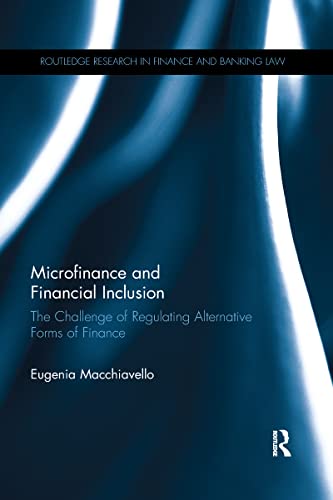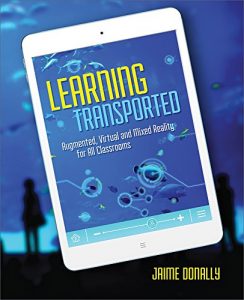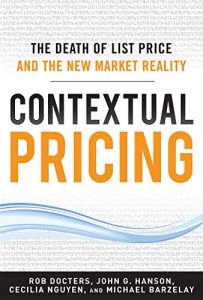1. Microfinance and Financial Inclusion: The Challenge of Regulating Alternative Forms of Finance
Written by Eugenia Macchiavello, this insightful book delves into the critical balance between fostering innovative financial solutions for underserved populations and ensuring regulatory safeguards. It challenges the reader to think about the implications of deregulation in microfinance and the potential repercussions it can have on financial inclusion. Macchiavello’s rigorous analysis presents vital frameworks for policymakers and practitioners alike, making it a crucial read for anyone involved in the financial sector. This book not only sheds light on regulatory practices but also on the potential of microfinance in alleviating poverty.
2. Social Impact Funds: Definition, Assessment and Performance
In her book, Helen Chiappini explores the quintessential role social impact funds play in finance today. It examines how these funds function and their performance metrics, addressing both their successes and challenges. This detailed analysis is instrumental for investors looking to engage with social impact investing, providing comprehensive insights on assessing fund effectiveness. Through empirical data and case studies, Chiappini not only educates but inspires financial professionals to consider their societal contributions. A must-read for anyone looking to draw the connection between financial return and social responsibility.
3. Social Banks and the Future of Sustainable Finance
Authored by Olaf Weber and Sven Remer, this book is a forward-thinking examination of social banks and their ability to sustain economic growth while promoting social equity. The authors argue that social banking can pave the way for sustainable finance, contrasting traditional banking practices. This essential guide provides an in-depth understanding of how social banks can play a critical role in the future of finance, exploring case studies and successful practices around the world. If you’re passionate about sustainability in finance, this book will undoubtedly resonate with you.
4. Mikrofinanz – Eine Alternative zu den Angeboten anderer Finanzdienstleister? (German Edition)
Kresimir Lazeta’s work discusses the role of microfinance as a viable alternative to traditional financial service providers in the German market. This book illustrates how microfinance can empower underserved communities and stimulate economic growth. Lazeta’s narrative is compelling, offering real-life examples and case studies that exemplify how microfinance is not just a theoretical solution, but a practical one. Anyone interested in financial innovations and their implications within Germany or similar markets will find this book to be both informative and enlightening.
5. A Microcredit Alternative in South Asia: Akhuwat’s Experiment
Shahrukh Rafi Khan and Natasha Ansari present a vital exploration of Akhuwat’s microcredit initiatives in South Asia, showing how social capital can drive financial inclusion. The book is filled with empirical research and analysis, offering insights into how microcredit can create pathways out of poverty. By highlighting Akhuwat’s unique model which is rooted in ethical values, the authors showcase a sustainable and scalable financial service that could serve as a model for others. This book is essential for those looking to understand microcredit’s impact in developing economies.









































